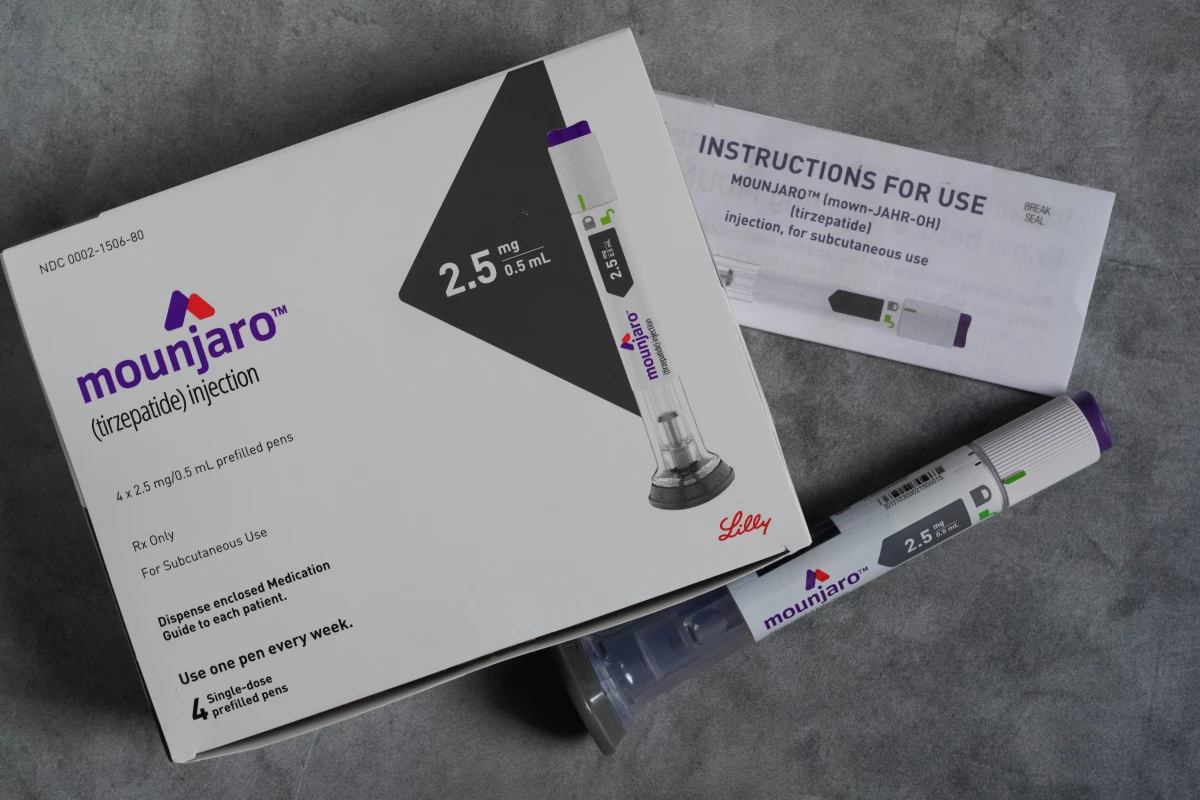The US Food and Drug Administration (FDA) has instructed all GLP-1 drug-makers to update their warning labels to include the risk of serious kidney injury that can result from dehydration. This comes after people taking the medication for either obesity or diabetes have needed to undergo hemodialysis treatment.
The new warnings stem from GLP-1 users reporting health issues to the FDA's MedWatch, which monitors for potential risks that don't always present during clinical trial stages. In this case, the reported serious kidney injury isn't directly caused by taking a glucagon-like peptide-1 (GLP-1) receptor agonist drug, but the result of the dehydration – or "volume loss" – that can result from well known gastrointestinal issues including vomiting, diarrhea and nausea. These symptoms are most likely to occur when the drug is started or when doses are increased.
The FDA advises healthcare professionals to look out for signs of renal function decline in patients who have experienced ongoing gastrointestinal issues that could lead to dehydration.
The warnings will be added to the labels of a range of GLP-1 products – Byetta, Bydureon BCISE, Mounjaro, Saxenda, Soliqua 100/33, Trulicity, Victoza and Xultophy 100/3.6 – while Ozempic, Rybelsus, Wegovy and Zepbound had already updated their warnings.
The amendments come out of an abundance of caution, in an effort to prevent acute kidney injury requiring intensive blood-cleaning hemodialysis treatment. Dehydration causes reduced blood flow to the kidneys (pre-renal AKI), which impairs the function of the organ. If it's not flagged quickly, it can lead to someone needing either temporary or ongoing hemodialysis.
Experts recommend stopping GLP-1 medication at the first sign of dehydration or kidney issues – such as dark urine, infrequent urination and dizziness – and to seek medical care. While not common, these added warnings serve as a reminder that GLP-1 drugs are potent medications that require monitoring, especially in vulnerable patients.
The FDA also required some other changes to GLP-1 drug labels, including making side-effect information more uniform across different products.
Interestingly, GLP-1 drugs have been heralded as an ally in fighting kidney disease. In January, Ozempic (semaglutide) was granted FDA approval to treat kidney disease patients, with the drug shown to help maintain function in declining kidneys.
Source: FDA MedWatch via Med Shadow Foundation





